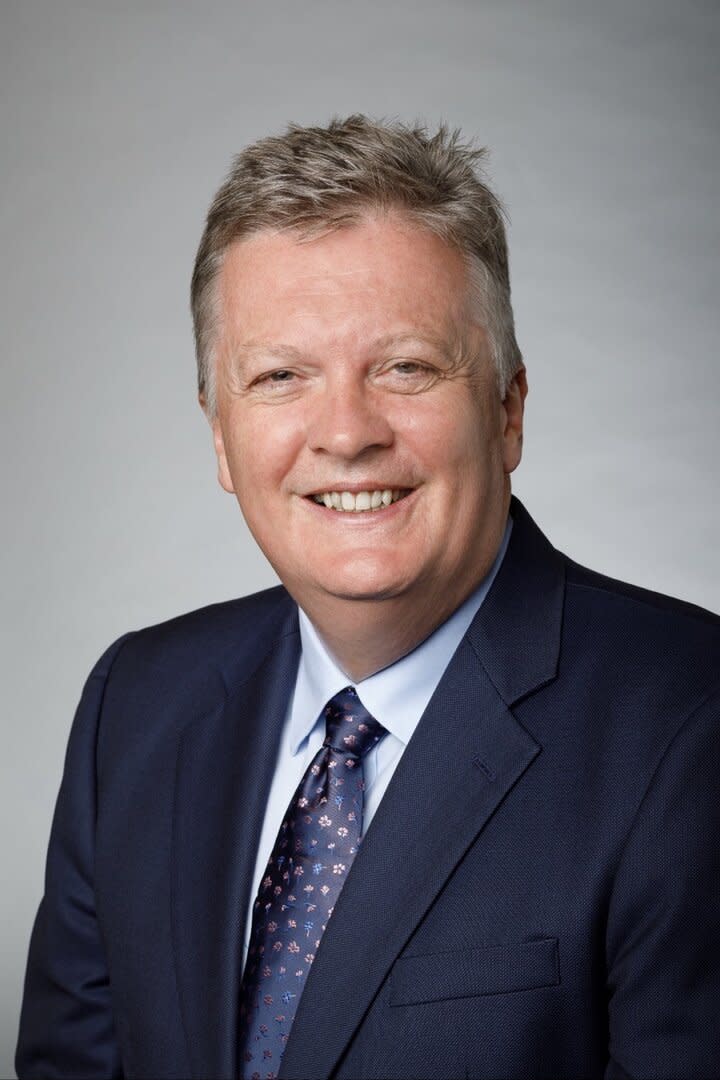Bank’s chief economist cautions over raising rates ‘too much’
The chief economist of the Bank of England has cautioned that it is important the Bank does not raise borrowing costs too high.
Huw Pill’s warning came a day after the central bank hiked interest rates by 0.5 percentage points to 4% but indicated it could slow down recent rate-hiking activity.
He told Times Radio that it is important the Bank does not do “too much”, despite recognising that UK inflation was “much too high”.
The economist said: “We have to recognise we have done a lot with monetary policy already.

“Interest rates have risen by almost 400 basis points (four percentage points).
“It’s also important that we enguard against the possibility of doing too much.”
Mr Pill said the full effects of recent interest rate increases had yet to be fully felt across the UK economy.
Thursday’s rate increase to the highest interest rate level since 2008 was the tenth consecutive rise by the Bank as it sought to grapple with soaring inflation.
After the decision, the Governor of the Bank, Andrew Bailey, said that while inflation remained above 10%, it appeared to have turned a corner.
Mr Bailey said that he and other decision-makers had “deliberately” softened the language in the minutes from their meeting.
The Bank of England also forecast that an expected recession will be shorter and shallower than previously thought.
This is partly because wholesale energy prices have fallen significantly since the Monetary Policy Committee produced its last forecast, in November.

 Yahoo Finance
Yahoo Finance 